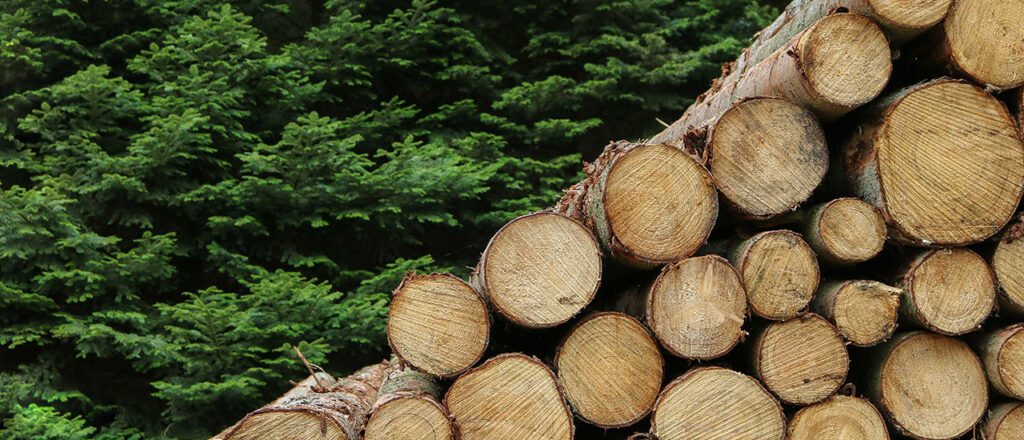
Renewable energy – what is it?
Renewable energy is one of the key issues in today's world and concerns the search for alternative energy sources whose environmental impact is far less than that of fossil fuels – if not virtually zero. However, the question arises: How do we reach such a figure and what is actually meant by renewable energy?
What does renewable energy mean?
Simply put, renewables are energy sources that can self-renew within a human lifetime and, consequently, are not likely to be depleted in the foreseeable future. The fuel used – that is, residual materials from the wood and agricultural industries – is able to absorb CO₂ as it grows, thus compensating for the CO₂ that is released once it is combusted to produce energy. The result is a circular consumption of biofuels and CO₂ emissions that offset each other and make their climate impact significantly lower than that of fossil fuels.
In short, a tree grows and absorbs CO₂ as part of its natural growth process. The tree is then felled and used for a variety of products. Subsequently, the by-products of this process, such as sawdust and wood shavings, are turned into wood pellets or wood powder – in other words, biofuel. Its combustion creates bioenergy for industrial applications, releasing CO₂. These CO₂ emissions are absorbed by a different growing tree, which in turn will be transformed into bioenergy. Simple as that!
What is the difference between renewable energy and fossil energy?
The major difference between renewable energy and fossil energy is that renewable energy absorbs as much CO₂ during its formation as it generates during combustion. Fossil fuels, instead, are extracted from the ground and combusted. During this process they generate CO₂, yet are not able to absorb as much CO₂ as was generated by their formation. This is due to the fact that fossil substances can take up to several million years to form.
Why are fossil fuels harmful to the climate?
To this day, fossil fuels are still extracted from the ground: Oil, gas and coal are still in use. These substances are naturally found in our soils and have undergone a process of millions of years to reach their present form. The problem with the use of fossil fuels is that they are consumed in far greater quantities than they are renewed. This fills the atmosphere with far too much carbon dioxide to handle – and leaves us with a surplus that results in a warming planet.
Would you like to switch from fossil fuels to bioenergy, while benefiting both the climate and your company’s finances? Read about our services to find out more about our range of offerings or contact us to receive personalised advice and guidance.

Har du några frågor? Välkommen att kontakta mig.
Magnus Eklund
Sales & Marketing Manager